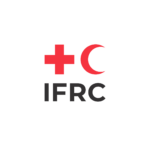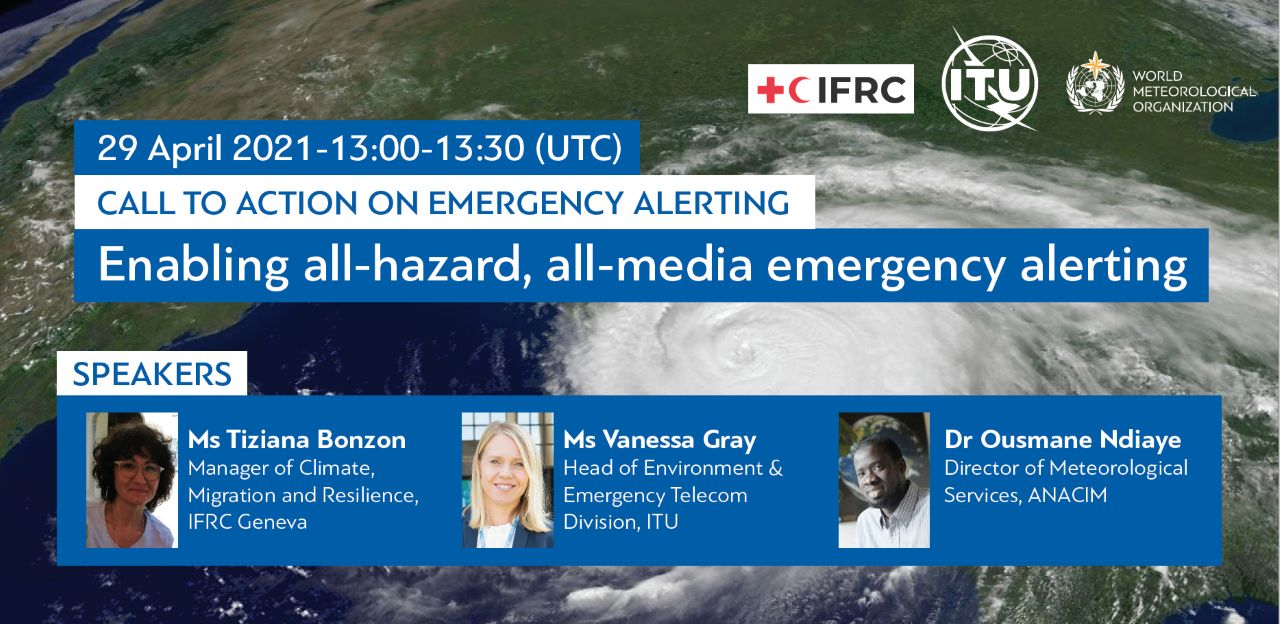
Watch the recording of the session at the Humanitarian Networking and Partnerships Weeks 2021. IFRC, ITU, and WMO jointly presented out on 'Enabling all-hazard, all-media emergency alerting' and launched the Call to Action on Emergency Alerting to strengthen the use of the Common Alerting Protocol (CAP).
one year review - Call to Action on Emergency Alerting
_______________________________________________________________________________________________________________________________________
2021-04-29
Launch
Call to Action on Emergency Alerting. 70% of the world's population lives in a country with at least one national-level CAP news feed.
2022-03-23
World Meteorological Day 2022
Announcement by UN Secretary-General António Guterres of new UN target that everyone on Earth should be protected by early warning systems against increasingly extreme weather and climate change in the next five years.
2022-04-19
Call to Action on Emergency Alerting - one year review
11 more countries have started publishing CAP alerts. Now 74% of the world's population lives in a country with at least one national-level CAP feed.
Up to date, 18 internationally operating organizations and companies plus Vint Cerf as an individual have endorsed the Call to Action on Emergency Alerting. This document highlights the process towards the Call to Action s as they have been put forward by the endorsers themselves, either in written format or in the WSIS Forum 2022, Session 238: The Global Call to Action on Emergency Alerting.
Initiating Organizations that endorse the call to action
International Federation of Red Cross and Red Crescent Societies (IFRC)
The IFRC is pleased to endorse the Call to Action on Emergency Alerting as part of its long-standing ambitions to ensure early warning messages reach 'last mile' communities. With 192 member National Societies, the IFRC network is present in hundreds of thousands of local communities, reaching more than 160 million people every year with lifesaving and life-changing support. Through the Anticipation Hub, the Risk-Informed Early Action Partnership (REAP) and by expanding the use of the Common Alerting Protocol (CAP), the IFRC is helping to ensure that communities everywhere receive the most timely and effective emergency alerting possible, and can thereby safeguard their lives and livelihoods.
International Telecommunication Union (ITU)
ITU, the UN specialized agency for information and communications technologies, endorses this Call to Action on Emergency Alerting. ICTs are critical for disaster management and effectively alerting communities at risk to save lives and livelihoods. The Common Alerting Protocol (CAP) standard, ITU-T Recommendation X.1303, is critical for exchanging all-hazard emergency alerts and public warnings over different networks. CAP is part of the ITU Guidelines for developing National Emergency Telecommunications Plans. ITU, composed of 193 Member States, and over 900 companies, universities, and international and regional organizations, advocates the use of CAP through collaboration, education, and sharing of expertise.
World Meteorological Organization (WMO)
Since 2006, WMO has recognized CAP as the key standard for all-hazards, all-media public warning, and alerting from authoritative sources. WMO strongly endorses its proven record of improved effectiveness and efficiency of official alerting systems. CAP is of particular importance to WMO Members given that National Meteorological and Hydrological Services are involved in most hazard threat alerting within and among countries. Consequently, WMO Members’ NMHSs have led the world in the adoption of CAP. WMO is pleased to sign this Call to Action on Emergency Alerting as part of its ongoing Global Multi-hazard Alert System (GMAS) development and its collaboration with governmental, non-governmental, and commercial organizations to achieve the broadest adoption of CAP worldwide.
* The initiating organizations are proud to have launched the call to action, however they are not responsible for the stewardship and monitoring of endorsing members' organizational activities. These are exclusively the responsibility of the respective endorsing members.
Endorsing organizations
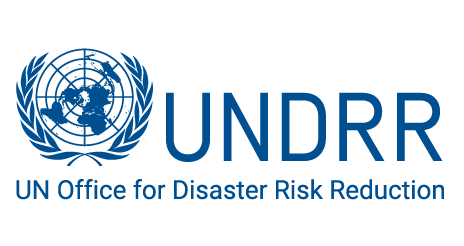
UN Office for Disaster Risk Reduction
UNDRR is the United Nations focal point for disaster risk reduction. The need for much better public warning ahead of disasters, to support people to take early action, is recognized in the Sendai Framework for Disaster Risk Reduction (Target G), the Sustainable Development Goals (SDG 11), the Paris Agreement, et al. Early warning and early action saves lives, and CAP is an essential part of alerting the public accurately. UNDRR is pleased to endorse the Call to Action on Emergency Alerting. UNDRR will strive to raise awareness of CAP, in particular with public broadcasting services, journalists and across our stakeholder platforms worldwide.

OASIS Open
As the home of the Common Alerting Protocol (CAP) standards work, OASIS Open enthusiastically endorses the Emergency Alerting Call to Action as part of our desire to see this important crisis response technology widely deployed with multiple implementations. We are proud of the lifesaving value of CAP and other Emergency Management Technical Committee work in ensuring that governments and others can widely disseminate critical hazard information to the public and effectively manage all types of disaster scenarios. Our continuing mission is to provide collaboration support to these crucial open standards and code projects in support of the greater public good.

Alert-Hub.Org
Alert-Hub.Org CIC (Community Interest Corporation) is a small non-profit with a worldwide goal: to help countries assure that people in harm's way get timely and effective emergency alerts so they can protect lives and livelihoods. Alert-Hub.Org offers free and open-source software tools enabling their emergency alert systems to leverage CAP. "CAP Editor", https://cap.alert-hub.org, makes it easy to create and publish CAP alerts; "CAP Alert Hub", https://alert-hub.org, aggregates published CAP alerts at any scale, to simplify access by intermediaries who are able to reach people in harm's way. Alert-Hub.Org is pleased to endorse the Call to Action on Emergency Alerting.

Open Commons Consortium (OCC)
Since 2015, OCC, as part of its membership in NOAA's BDP, has recognized CAP as the key standard for all-hazards, all-media public warning, and alerting from authoritative sources. OCC strongly endorses CAP's proven record of improved efficacy and efficiency of official alerting systems. OCC is pleased to sign this Call to Action on Emergency Alerting and will do its part to collaborate with governmental, non-governmental, and commercial organizations to help achieve the broadest adoption of CAP worldwide.
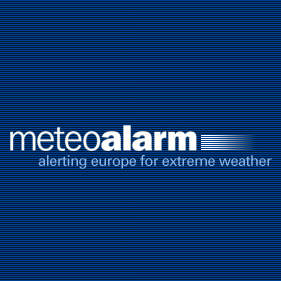
Meteo Alarm
Meteoalarm is an impact-oriented, common framework to aggregate and display CAP alerts of EUMETNET members, a grouping of 31 European National Meteorological Services. Created in the early 2000s, and operational since 2007, Meteoalarm provides multi-lingual warnings in an easy and understandable way to the general public and makes the information available via feeds and the alert hub to worldwide (re)users. Since its foundation Meteoalarm has been assisting European and worldwide partners with emergency alerting and promoted the implementation and the use of CAP. Meteoalarm endorses this Call to Action on Emergency Alerting to achieve the broadest uptake of CAP worldwide allowing alerting organizations to exchange and disseminate alerts efficiently via all available communication channels.
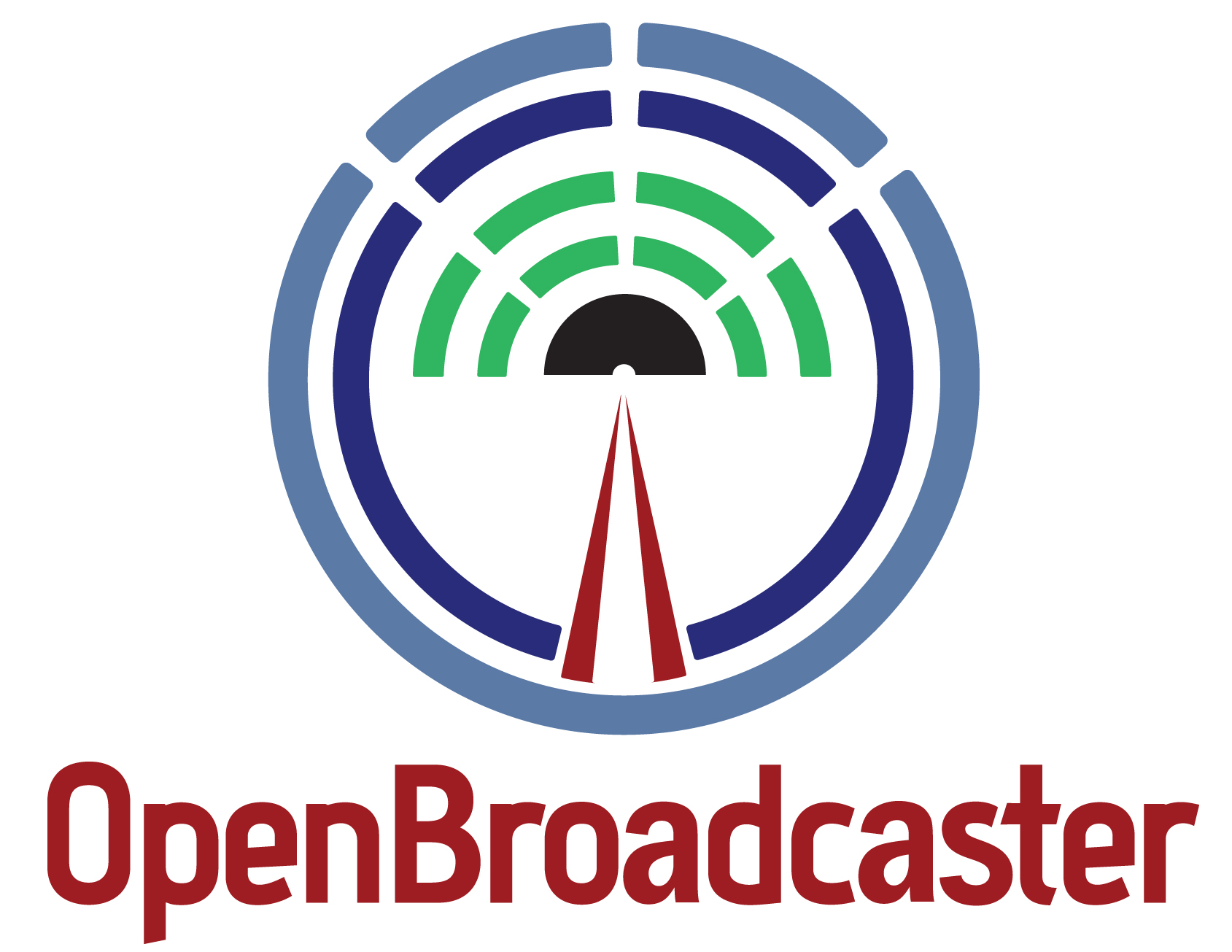
OpenBroadcaster
OpenBroadcaster supports this initiative and Call to Action on Emergency Alerting by providing open source radio and TV community broadcasting tools based on the Common Alerting Protocol (CAP). We aim to strengthen links between communities and cultures, globally, by supporting and facilitating the formation of broadcaster networks that are capable of pooling resources, jointly managing media and sharing stories. We develop accessible broadcast technologies run through an HTML5 web browser, supporting multilingual indigenous languages across all mediums. We promote CAP as the global standard for emergency alerting for over the air broadcasters delivering critical last mile information.
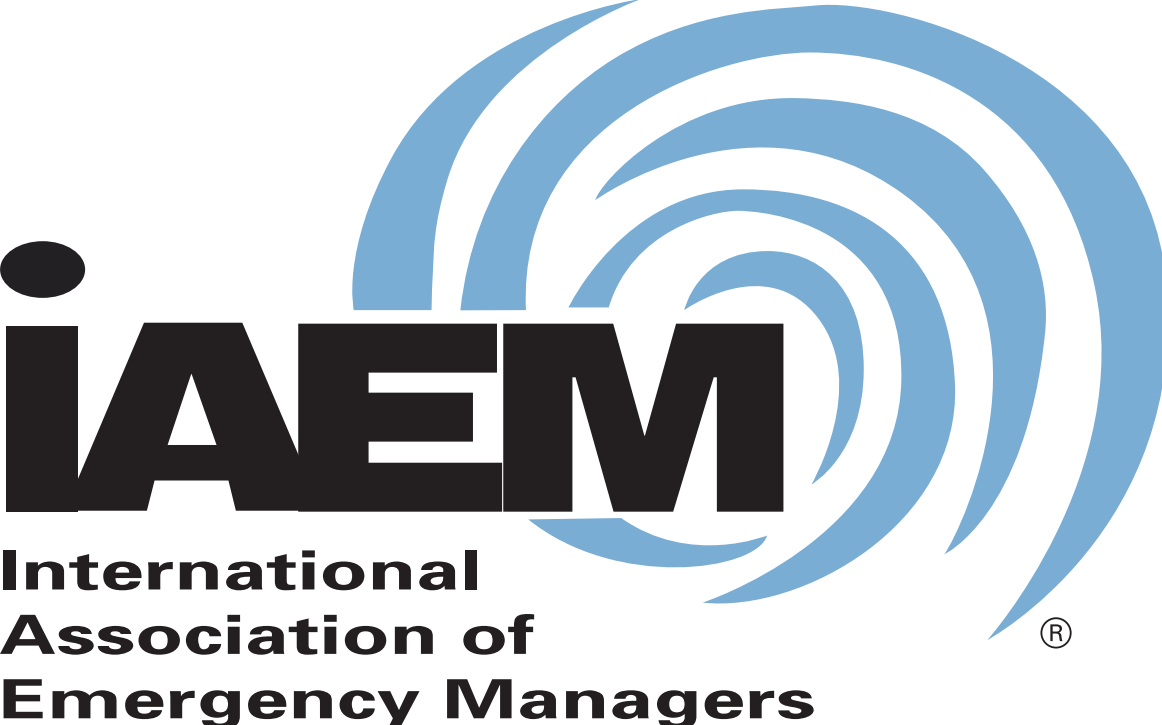
IAEM
IAEM, https://www.iaem.org/,the world’s largest emergency management professional association, represents more than 7,000 emergency managers from all sectors and government levels involved in preparing for, responding to, and recovering from all types of disasters including acts of terrorism. IAEM recognizes CAP as the key standard for all-hazards, all-media public warning, and alerting from authoritative sources. IAEM endorses its record of improved effectiveness and efficiency of official alerting systems and is pleased to sign this Call to Action on Emergency Alerting as part of its collaboration with governmental, non-governmental, and commercial organizations to achieve the broadest adoption of CAP worldwide.
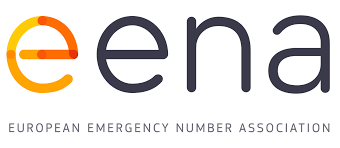
European Emergency Number Association (EENA)
EENA’s mission is to contribute to improving the safety and security of people and has long advocated at EU-level to mandate public warning systems (PWS) based on electronic communications services. PWS is now a requirement in all EU Member States and the Common Alerting Protocol (CAP) is an integral component. CAP allows for a consistent message structure for every warning message to be disseminated simultaneously over multiple warning systems, thus increasing warning effectiveness while simplifying the warning task. CAP also permits transmission of information from PWS to CAP-compliant entities such as siren systems. EENA fully endorses this Call to Action.

AccuWeather
Each day, AccuWeather reaches more than 1.5 billion people globally in over 100 languages and dialects and receives more than 45 billion requests for its data. We proudly partner with dozens of National Meteorological and Hydrologic Services (NMHS) agencies around the world to deliver their official government issued warnings to people in harm's way through our widely used AccuWeather app and website. In many cases, CAP formatted messages are an important input to this process. We are pleased to sign on to the Call to Action on Emergency Alerting. We will urge other international companies, international NGOs, and international organizations involved in emergency alerting to endorse it as well.

Asia-Pacific Broadcasting Union (ABU)
The Asia-Pacific Broadcasting Union strongly endorses this Call to Action on Emergency Alerting. Broadcasters play an essential role in communicating the key facts of an emergency, mindful that everyone in harm's way must understand what is happening and what actions to take. This is why broadcasters embrace the CAP standard--CAP makes public alerting faster, easier, less error-prone, and more understandable. CAP helps a broadcaster be certain that an alert is authentic and authoritative, and to cross-check alerts from diverse sources. CAP alerts can also be compiled on a map to show how different aspects of the emergency are evolving.

Vint Cerf, Internet Pioneer
In decades past, emergency warnings reached most people in harm's way through mass media such as over-the-air broadcast radio and television. Now, people spend more and more time online (chatting, streaming movies and sports, learning, shopping, gaming, etc.). Many will not get emergency messages designed for mass media. Yet, it is easy for Internet technologies to deliver CAP alerts to online users, and to life-saving online devices such as sirens, digital signage, bridge controls, bed shakers, etc. Let's build out a future where CAP-enabled alerting becomes a humanitarian feature of all major cloud services and computer operating systems worldwide.

World Broadcasting Unions (WBU)
The World Broadcasting Unions (WBU) strongly endorses the 'Call to Action on Emergency Alerting', which supports the implementation of the international standard alerting format Common Alerting Protocol (CAP). Broadcasters play an essential role in communicating the key facts of an emergency, mindful that everyone in harm's way must understand what is happening and what actions to take. This is why broadcasters embrace the CAP standard. The 'Call to Action' requests a scale up of efforts to ensure that by 2025 all countries have the capacity for effective and authoritative emergency alerting that leverages the CAP, suitable for all media and all hazards. CAP makes public alerting faster, easier, less error-prone, and more understandable. CAP helps a broadcaster be certain that an alert is authentic and authoritative, and to cross-check alerts from diverse sources. CAP alerts can also be compiled on a map to show how different aspects of the emergency are evolving.

Everbridge
Everbridge’s mission to keep people safe amid critical events relies on fast and dependable emergency messaging. CAP remains an increasingly crucial component of Everbridge Critical Event Management solutions, used by over 5,700 organizations to safeguard millions and avoid operational disruptions in the face of manmade and natural threats. Accordingly, Everbridge seeks the broadest adoption of CAP in every country around the world and we strongly endorse this Emergency Alerting call to action. Everbridge also invites collaboration toward that goal with others in the commercial sector, as well as with governmental and non-governmental organizations across the globe.

CAP and its adoption around the world as the primary standard for emergency alerting has been a critical innovation in the preparedness and response space. Google’s mission has always been to organize the world's information and make it universally accessible and useful. CAP enables this in the most critical moments where users are looking for authoritative and actionable information. The standard has enabled alerts to be sent to Google users across Search and Maps in dozens of countries around the world.
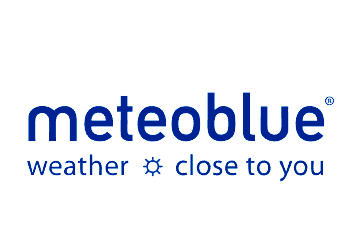
meteoblue
Effective weather emergency alerting is crucial to reduce the economic cost and social damage of weather, and a core duty of National Meteorological and Hydrological Services (NMHSs). meteoblue AG from Switzerland is a private sector leader for precision weather forecasting and information. We support the Call to Action by public and private organisations: 'by 2025, all countries have the capability for effective emergency alerting that leverages the Common Alerting Protocol (CAP) standard, suitable for all-media and all-hazards.' We will deploy CAP alerts on the meteoblue website, and contribute to further implementation of CAP-enabled alerting by NHMSs and private meteorological services.

Traveller Information Services Association's (TISA)
Care and concern for travellers' safety are the main drives in Traveller Information Services Association's (TISA) existence, which is why we work to ensure everyone on the road can be alerted and informed promptly and why we support the Call to Action on Emergency Alerting. Recent events worldwide reminded us once again that ubiquity of emergency alerts is crucial to ensure the safety of travellers. Therefore, TISA strongly endorses further implementation of CAP-enabled emergency alerting. Our association is contributing to this effort by adding a direct link into the vehicle navigation systems with the publication of the TPEG2-Emergency Alerts and Warnings (EAW) standard. With this specific EAW standard as distribution channel for CAP messages, navigation systems can inform drivers timely and re-route vehicles around the danger areas.

Intersec
Intersec is the leading PWS provider in the European Union, covering 30%+ of the EU population. Our GeoSafe solution addresses both the needs of national and local public authorities and the special needs of telecommunications operators involved in the global public warning architecture at a national scale. Common Alerting Protocol (CAP) is instrumental in facilitating the interfacing between participating systems, and thus in enabling the widest possible dissemination of alerts. The simplicity and the scalability of this protocol make it unavoidable; this is why Intersec fully endorses this Call to Action.
